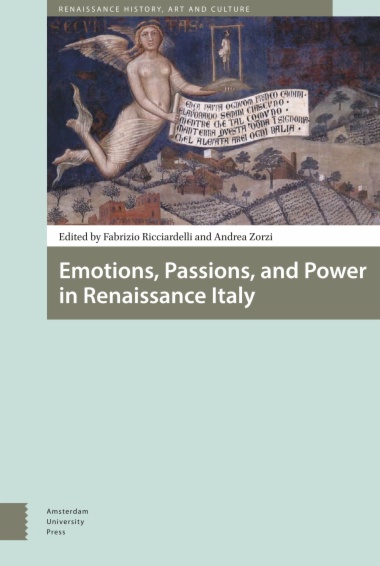Over the first ten years of its existence, the euro has proved to be more than a powerful symbol of collective identity. It has provided price stability to previously inflation-prone countries; it has offered a shelter against currency crises; and it has by and large been conducive to budgetary discipline. The eurozone has attracted five new members in addition to the initial eleven, and many countries in Europe wish to adopt it.
The euro has also been successful internationally. Even though research presented in this volume confirms that it has not rivaled the dollar's world currency status, it has certainly become a strong regional currency in Europe and the Mediterranean region. Some countries in the region have de facto adopted it, several peg to it, and many have become at least partially euroized. However, the euro's impressive first decade is likely to be followed by a much more difficult period. The present financial crisis is posing at least two important challenges: real economic adjustment within the euro area and maintenance of fiscal and financial stability without a central government authority capable of taking appropriate financial and fiscal decisions in difficult times.
The papers and remarks in this volume demonstrate that the euro has proved to be attractive as a fair weather currency for countries and investors well beyond its borders. But it remains to be seen whether it is equipped to also succeed as a stormy weather currency.
- Cover
- Contents
- Preface
- Introduction
- Why Has International Success Been Limited?
- What Are the Consequences?
- Impact of the Crisis
- A Pragmatic Agenda
- References
- Chapter 1: A Challenging Anniversary
- The Euro at Ten and the Financial Crisis
- A Deepening Financial Crisis
- Urgent Measures to Contain the Crisis
- Reforms for a More Resilient EU Financial Sector
- Effects on the Real Economy
- Stronger International Coordination
- Conclusion
- The Internationalization of Currencies--A Central Banking Perspective
- Implications of an International Currency
- Determinants of the International Use of Currencies
- Concluding Remarks
- References
- The Euro and the International Monetary System
- An Action Plan for the Financial Markets
- How Is the Financial-Sector Turmoil Affecting the Global Economy?
- Food and Fuel Crisis
- Looking Beyond the Crisis
- Chapter 2: Underlying Determinants of Global Currency Status
- Financial Network Effects and Deepening
- Insatiable Foreign Demand for US Liabilities
- Determinants of Foreign Demand for US Liabilities: The Evidence
- Implications for the Euro
- Conclusion
- References
- International Trade in Financial Assets
- Currency Invoicing of International Trade
- Evidence on Dollar and Euro Use in International Trade
- Determinants of Invoice Currency Selection in Trade
- Consequences of Invoice Currency Selection for Policy
- Conclusion
- References
- Euro Area: Ready for the Storm?
- Conceptual Framework
- The Fair Weather Record
- Stormy Weather Experience
- Lessons
- Conclusion
- References
- Geopolitical Limits to the Euro’s Global Role
- Geostrategic Relationships Drive Exchange Rate Arrangements and Reserve Accumulation
- The Euro Area Response to Eastern Europe
- Is this Crisis the Last Opportunity for the Euro to Step Up Globally?
- References
- Chapter 3: Regional Perspectives
- East Asia
- Overall Prospects for the International Role of the Euro
- Alternative Approaches to Currency Use in Asia
- Present Role of the Dollar and Euro in East Asia
- Asian Regionalism
- Conclusion
- References
- Euro Area Neighboring Countries
- Exchange Rate Arrangements
- Currency Composition of Foreign Exchange Reserves
- Share of the Euro in Bank Loans and Deposits
- Role of the Euro in Settling/Invoicing Foreign Trade
- Role of the Euro in Domestic Contracts and Cash Holdings
- The Global Financial Crisis and Prospects for Euro Area Enlargement
- Conclusion
- References
- Middle East and Oil Exporters
- Role of the Euro in MENA
- Oil Exporters’ Perspectives
- Looking Ahead
- References
- Latin America
- Euro’s Role in Latin American Trade and Investment
- Euro in Latin American External Assets and Liabilities
- Euro as a Peg
- Conclusion
- References
- Market View
- Euro’s Happy Childhood
- Euro Weathers the Financial Crisis
- Euro’s Future as a Teenager
- Conclusion
- Chapter 4: Is the Present Crisis the Moment for the Euro's Global Emergence
- A Panel Discussion with Antonio de Lecea, Leszek Balcerowicz, C. Fred Bergsten, Erkki Liikanen, and Lawrence H. Summers
- About the Contributors
- About the Organizations
- Index

